Stories
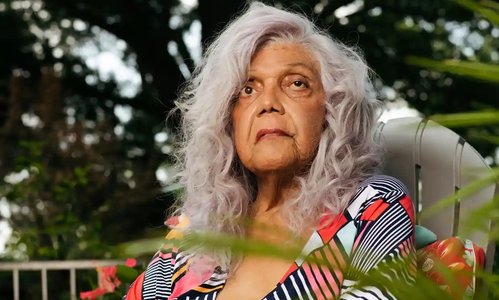
Pride Means Protecting LGBTQIA+ People, Places, and Histories
LISC’s senior program officer for Community Research and Impact, Julia Duranti-Martinez, reflects on the intersection of LGBTQIA+ liberation, land ownership and community building, and highlights forthcoming LISC research on people and groups across the country working to realize those intersections through community ownership.

Empty Towers and Community Pillars: Addressing the Root Causes of Small Business Displacement
On Wall Street and downtowns around the country, declining in-person work is driving near-record office vacancies, with implications for nearby businesses, the urban tax base, and public services. But on main streets across the country, LISC is addressing some of the same technological and economic changes behind downtown vacancies, to support entrepreneurs of color facing displacement.
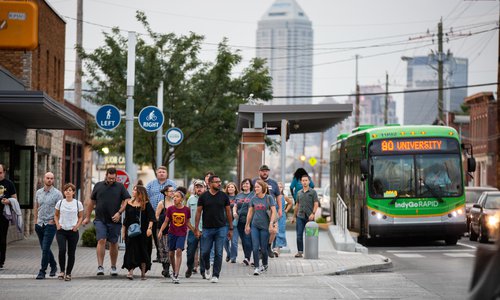
What Happens When Equity Is the Goal of Transportation Planning
In an article in GovTech magazine, Madeline Fraser Cook, LISC’s vice president for community building and resilient solutions, discusses how community members must be part of public transit planning, and all facets of community life taken into account. Policy makers and local leaders promoting transit-oriented development should be “very explicit about investment in affordable housing, and calling out that [there has to be] access for everyone. They can’t be displacing people.”
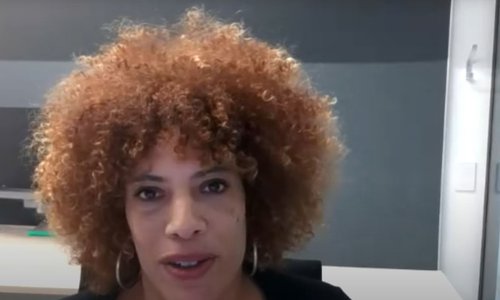
Supporting Small Businesses & Their Workers: A Quality Jobs Roundtable
People of color disproportionately bore the brunt of small business closures during the pandemic, even as large corporations reaped record profits. But the pandemic has also sparked creative and thoughtful responses to support an equitable recovery among small business owners, while helping them create quality jobs. The LISC Institute for Community Power hosted a conversation with three individuals that have been at the forefront of that experimentation.
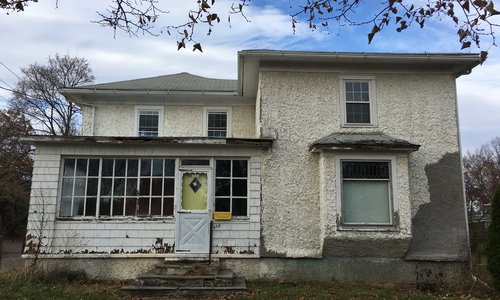
How New York State’s “Zombie” Law and a LISC Initiative Have Been Bringing Vacant Homes Back to Life
In a Q+A with Brick Underground, LISC’s Helene Caloir, lead author of a new LISC-Urban Institute report on remediating vacant homes and preventing foreclosure, explains the nature of “zombies houses” in our midst, and what to do about them. There’s important news in the story: says Caloir, “In the current crisis, [we have] more tools for keeping people in their homes.” The excerpt below was originally published by Brick Underground Zombie houses: Inside NY's effort to release derelict properties from legal limbo By Jennifer White Karp, Managing Editor of Brick Underground
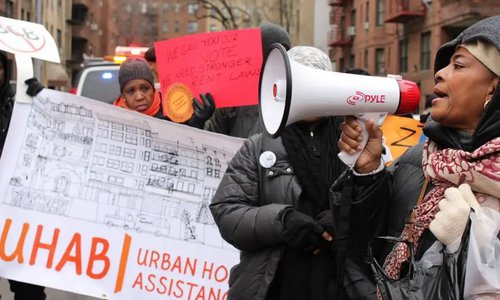
Evictions and Profit vs. Home and Community
LISC's newest research report offers powerful evidence that racism, financial exclusion and disinvestment have paved the way for speculators to reap huge profits in neighborhoods of color. But there’s good news, too: Buildings with affordability subsidies are better maintained and remain protected from speculation.